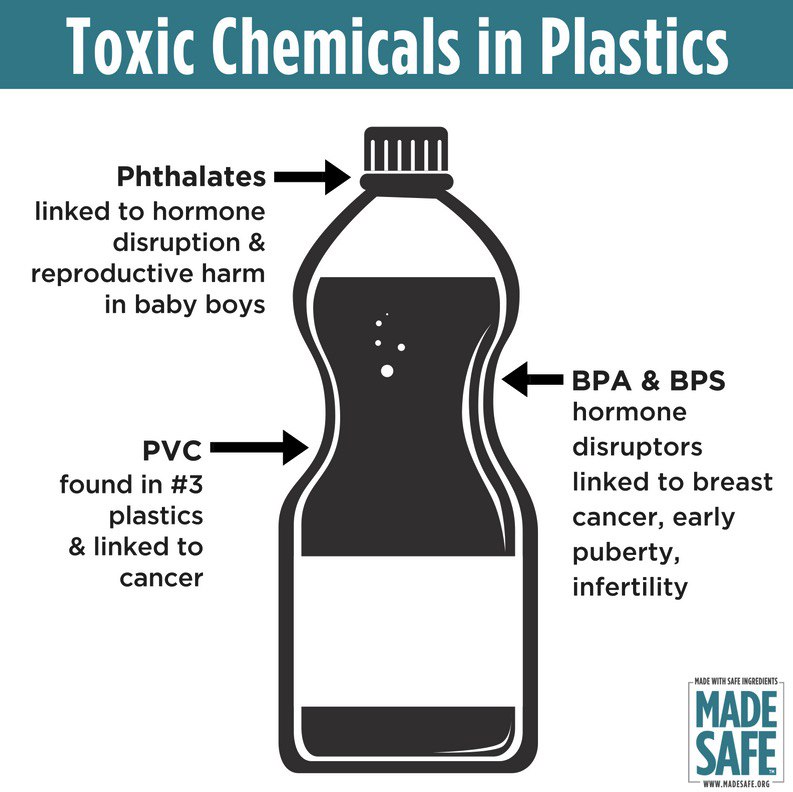
Why is plastic pollution so harmful?
In the last Blog titled, “Why is plastic and plastic waste such an important topic”, we commented on the accelerating use of plastic in modern society and how it is directly linked to climate change.
“The real story (of plastic) starts as soon as oil and gas are extracted from the ground and continues long after plastic waste enters the ocean and other ecosystems. Not only is plastic production a major source of greenhouse-gas emissions; it also releases a wide range of other chemicals into the environment, much of which ends up in creeks, rivers, oceans, our lungs and stomachs.”
We listed the high-level takeaways on the solutions to our plastic obsession.
1. Disposing of plastics carefully.
2. Consideration of other materials, rather than plastic.
3. Encourage manufacturers and their supply chains to change their distribution and delivery systems towards refillable and reusable systems, or at least biodegradable packing and packaging.
4. Better waste-collection and processing systems.
Now, given that plastic (microplastics and nano plastics) is everywhere, what impact is it having on humanity?
Microplastics and nano-plastics enter the human body through the use of products that contain nano-plastics such as scrubs, lipsticks, mascara, shampoos or by food or drink. However, it is just not the plastics themselves that should be of concern, but rather the impact of chemicals which are used in the process of making plastic products. Constant contact with day-to-day life plastic products allows oral, dermal and inhalation exposure to micro-plastics and additive chemicals into the human body. Therefore, it is important to determine the interactions between the micro-plastics and biological macromolecules in order to understand their effects on human health.
In 2018, a study analysed faeces samples from participants across Finland, Italy, Japan, the Netherlands, Poland, Russia, the UK and Austria, and found every sample tested positive for the presence of microplastics. Further, up to nine different types of plastic resins were detected.
Dr Anna Watson, Head of Advocacy for the CHEM Trust, a charity working to protect humans and wildlife from harmful chemicals, is particularly concerned about the presence of two chemical groups found in plastics: bisphenols, a group of chemicals that include bisphenol A (BPA) used in water bottles, food packaging and other items; and phthalates, which are used to make plastics soft. Some studies have suggested these chemicals disrupt the endocrine system, which is responsible for producing hormones which regulate all kinds of bodily processes including growth and development, sexual function, sleep, mood, reproduction and metabolism.
“A tiny amount of hormone can have a big impact on the body,”….. “and if you’ve got any chemical that’s disrupting that very sensitive system, it can have a big impact. They’ve been linked to hormone-related cancers, infertility and reproductive problems and heart disease.”
Bisphenol A and Phthalates have been banned in some products because of the suspected impact on health, but not others. Bisphenol A has been banned in feeding bottles for babies and some of the phthalates are banned in children’s toys, but you still find them in lots of other things that children might come into contact with. For example, they’re not banned from food packaging.
This is one scientific area where there is still so much to work to do. Our sense is that plastic and plastic chemical consumption is having an adverse effect on our health. Why, … because these chemicals are foreign to our physiology and shouldn’t be in our bodies.
Plastic is in absolutely everything to the point where we’re now living in the ‘plastic age’. We have achieved the substantial damage to planet over the last 60 years. It is this realisation and the fact that we must leave the planet to the next generation in at least the same state as we found it (i.e. plastic free) that The environment4change Foundation is committed to reducing the quantity of plastic in the environment to reduce micro and nano-plastics and their chemicals from leaching away and into our bodies.
